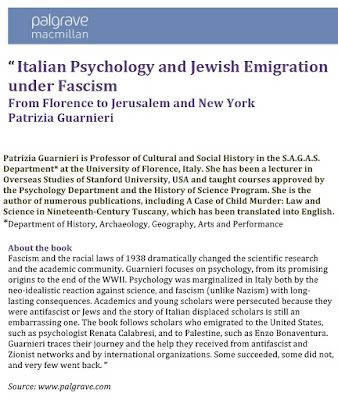The Barcelona Symposium 2016 of the International Yeats Society focused on "Yeats & Asia: Imagining Asia through Yeats, Imagining Yeats through Asia." Dr. Carrie Preston, Director of BU's WGS Program, gave a keynote entitled "Theater in the ‘Deep’: W. B. Yeats’s At the Hawk’s Well and Japanese Noh." Here is how Carrie described her presentation:
My keynote considered how Yeats’s dancing ghosts became teachers in dramas intended to produce a desired Irish national subject. In 1916, precisely a century ago, Yeats called for an “unreal theatre” that fights reality itself: “Now the art I long for is also a battle but it takes place in the depths of the soul, and one of the antagonists does not wear a shape known to the world or speak a mortal tongue. It is the struggle of a dream with the world.” This could be a description of the ancient Japanese noh theater, in which ghosts or celestial beings reenact a conflict or outright battle onstage but are actually trying to relinquish their own struggle with the world and find peace. Soon after he began to work with Ezra Pound on draft translations of noh, Yeats was convinced that he had discovered the dramatic form he had been seeking, one that was not bound to realism but taught audiences to reach into the “deeper” and for Yeats, more “Irish,” parts of the mind. Yeats understood that noh is a didactic and nationalist theater, offering teachers in the form of ghosts of noble warriors and great lovers from Japanese legend and history. He hoped to adapt noh to stage his country’s legends and teach Irish audiences to revive their own national art that had been suppressed by British colonialism.
 |
| Photo courtesy: Carrie Preston |
See more about the 2016 Symposium here: http://www.internationalyeatssociety.org/Barcelona%20symposium











































